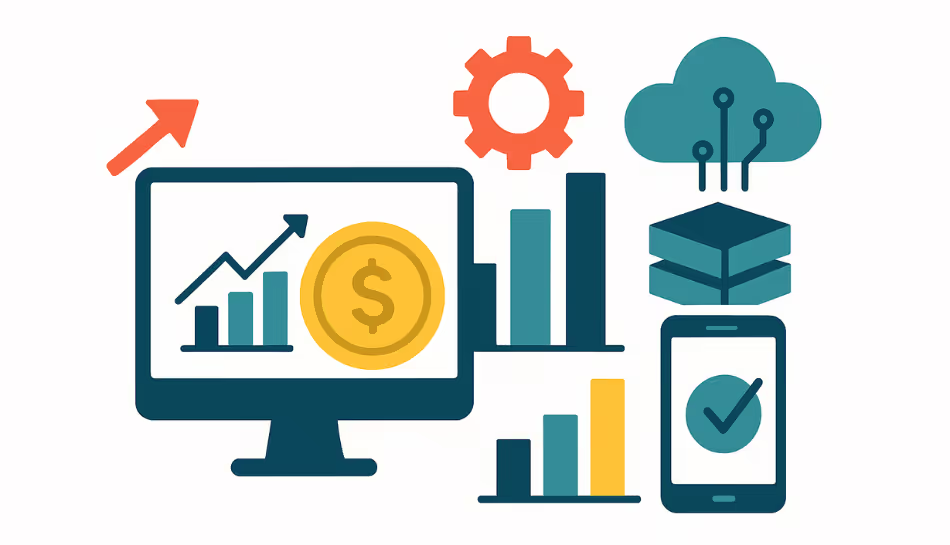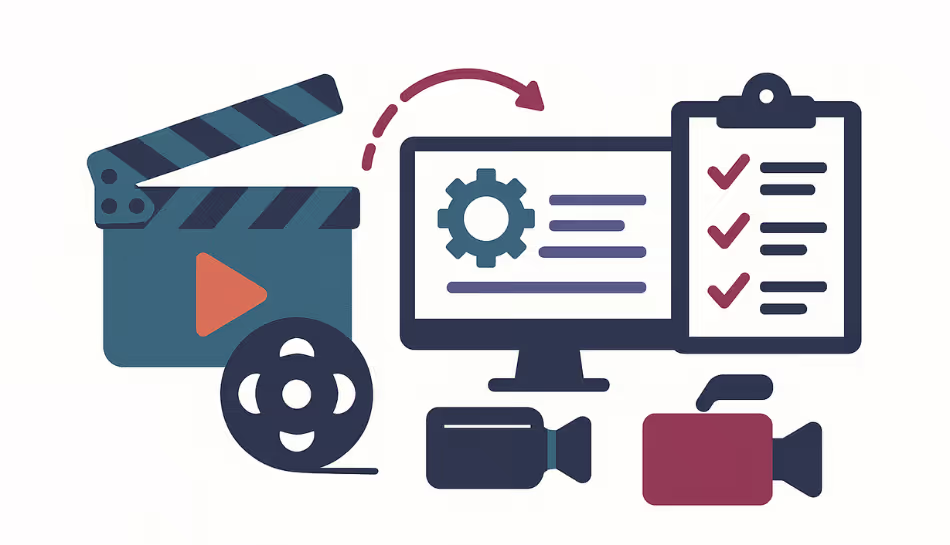In today’s competitive business environment, customer expectations are higher than ever. To thrive, businesses must not only acquire new customers but also retain existing ones and grow sales over time. A customer relationship management (CRM) system is one of the best tools for doing this. When implemented strategically, CRM becomes more than just a contact database; it becomes the engine for long-term customer loyalty and revenue generation.
Let’s explore how CRM improves customer retention and boosts sales performance, and why investing in the right system can transform your growth trajectory.
Why CRM Is Essential for Customer Retention and Sales Growth
At its core, a CRM system helps businesses manage relationships with current and potential customers by centralizing all relevant data, from interaction history and preferences to purchasing behavior and support issues.
But the true power of CRM lies in what it enables:
- Better understanding of customer needs
- Timely follow-ups and personalized engagement
- Streamlined sales processes
- Increased visibility across teams
These capabilities are the foundation of both stronger customer retention and sales growth, making CRM an indispensable part of any modern business.
CRM Software for Improving Customer Retention and Boosting Sales
Let’s begin with retention. Keeping an existing customer is far more cost-effective than acquiring a new one, and CRM software plays a critical role in this.
With CRM, you can:
- Track customer behavior and past purchases to tailor future interactions
- Set automated reminders for follow-ups, renewals, or check-ins
- Identify at-risk customers by monitoring declining activity or satisfaction
- Offer timely support and service to improve customer experience
This proactive approach shows customers they are valued, encouraging them to stay loyal. When customers feel seen and understood, they are far more likely to keep buying and refer others.
On the sales side, CRM boosts performance by:
- Giving sales teams quick access to customer history and preferences
- Improving lead qualification and pipeline visibility
- Helping prioritize high-value prospects and accounts
- Automating repetitive tasks like follow-ups, proposals, and scheduling
Together, these benefits accelerate deal cycles, increase close rates, and free up your team to focus on high-impact activities, all while delivering a better experience to the customer.
CRM Strategies for Increasing Customer Retention and Sales Growth
To fully capitalize on CRM, it’s important to use it strategically. Here are a few CRM strategies for increasing customer retention and sales growth:
- Segmentation and Personalization
Use CRM data to segment customers by behavior, demographics, or value. Then craft personalized campaigns and offers that resonate with each group. - Lifecycle Management
Map out each stage of the customer journey, from lead to loyal buyer, and use your CRM to trigger timely communication and support at every step. - Cross-Selling and Upselling
CRM systems can identify opportunities to recommend complementary products or upgrades based on previous purchases and usage patterns. - Customer Feedback Integration
Integrate customer feedback tools with CRM to monitor satisfaction and quickly address concerns before they lead to churn. - Sales and Support Alignment
Make sure the CRM is used by the sales and customer support teams to exchange insights and keep in regular contact with clients.
These tactics create a seamless, personalized customer experience that drives loyalty and revenue.
How CRM Systems Help Retain Customers and Increase Revenue
The ability to retain customers and increase revenue doesn’t come from chance, it’s the result of intentional effort backed by real-time data. CRM systems help retain customers and increase revenue by aligning every touchpoint with customer expectations and delivering consistent value over time.
When a customer feels like your business remembers their preferences, solves their problems quickly, and anticipates their needs, the likelihood of repeat purchases grows significantly. Additionally, sales teams may confidently close more agreements when they have immediate access to client insights.
Final Thoughts
A well-implemented CRM strategy doesn’t just organize your contacts; it empowers your business to build stronger relationships, deliver better service, and drive meaningful growth.
Whether you’re a startup trying to improve conversion or an established company looking to reduce churn, CRM software provides the tools you need to improve customer retention and boost sales performance, sustainably and at scale.
In today’s market, that’s not just a competitive advantage… it’s a necessity.



